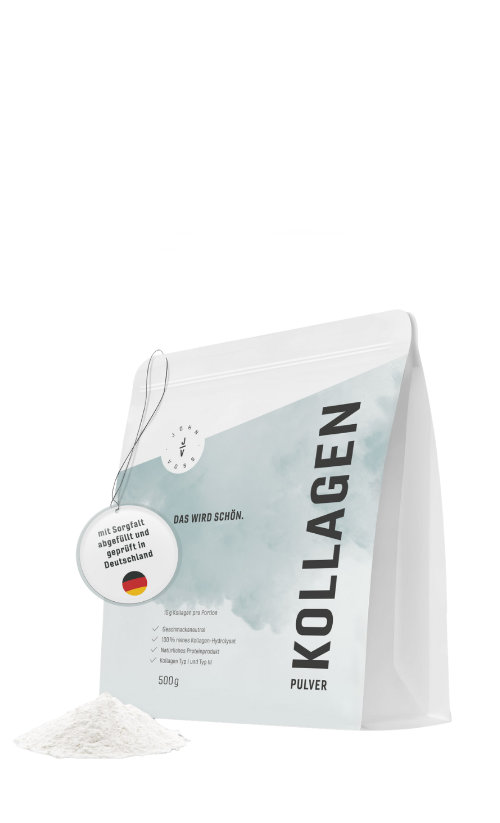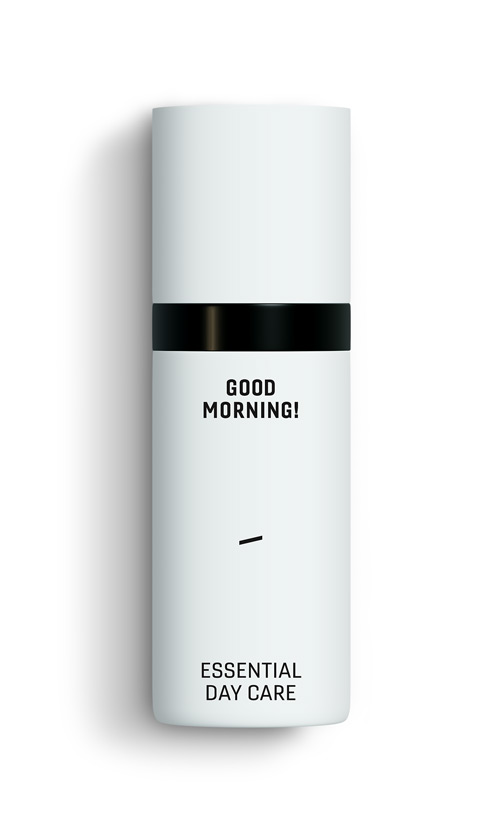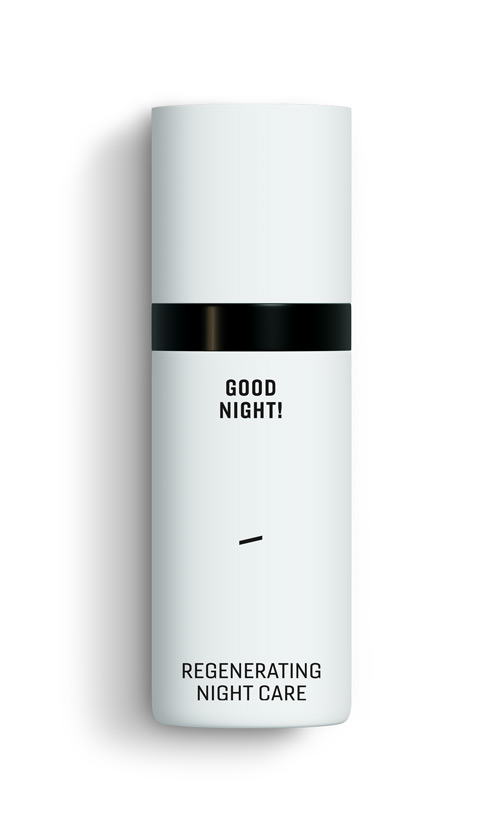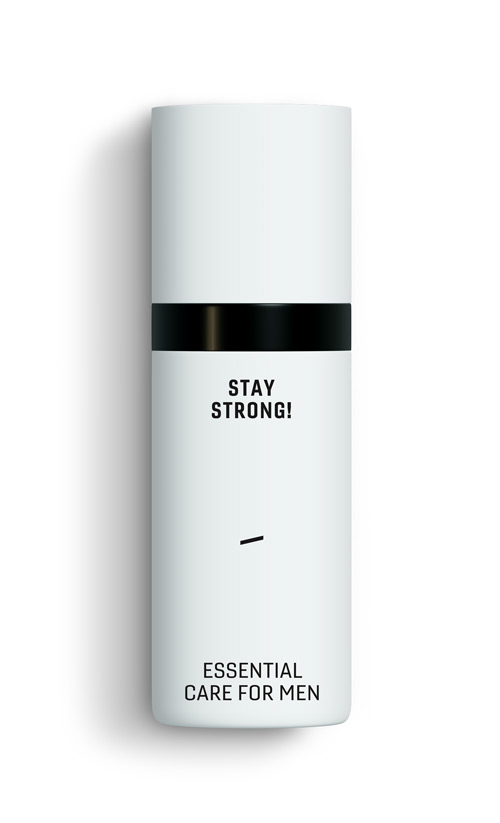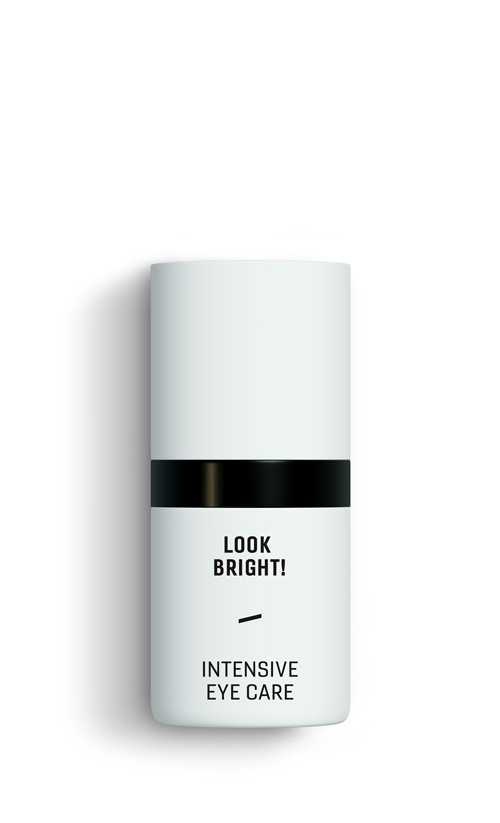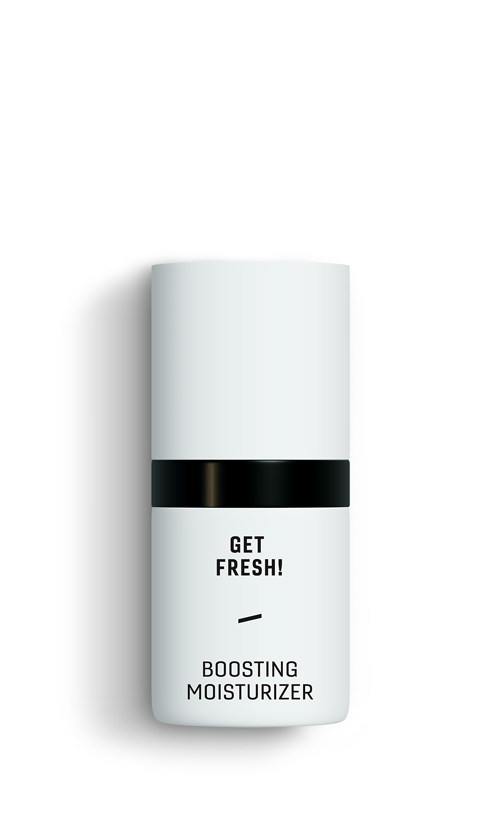An adult person should consume at least 1.5 to 2 liters of fluid, preferably water, in addition to the fluid they take in through food.
-
Water is important for the entire metabolic system
-
Water is the transport medium for nutrients and decomposition products
-
Water is necessary for digestion
-
Lack of water can have serious consequences
- Dizziness
- Fatigue
- Lack of concentration
- Headaches
- dry and sagging skin
Why is it important to drink water?
Everyone knows that drinking water is important and valuable for health.
But what exactly does the body need water for?
Life without water is not possible for human beings. The human organism needs it for the entire metabolic system. It serves as a solvent and transport medium for nutrients and waste products that we have produced.
The water content of the human body is between 50% and 75%, depending on age and sex.
Water is found in all body cells, but it also surrounds them and flows in the body's vessels.
About two-thirds of the total amount of water in the body is inside the cells. The remaining third is in the blood vessels, as tissue fluid in the lymphatic vessels and between the cells.
Water is temporarily stored in these intercellular spaces when large amounts of fluid are absorbed.
On the other hand, water is released from there into the bloodstream during large fluid losses (such as during severe diarrhea).
This maintains the fluidity of the blood and prevents an excessive drop in pressure in the vessels.
The body water circulates throughout the organism. It transports nutrients to the cells and waste products, e.g. to the kidneys, where they are excreted.
The digestive system needs water to produce food pulp with the help of digestive juices and to swell fiber for proper digestion.
An adult person should consume at least 1.5 to 2 liters of fluid, preferably water, in addition to the fluid they take in through food.
Instead of water, we can also drink unsweetened herbal teas or highly diluted juice spritzers. However, water should make up the main part of the fluid intake if possible.
By the way, feeling thirsty and having a dry mouth is a clear warning sign from the body. It means that there is already a slight lack of fluid and it is high time to drink.
Dizziness, fatigue, lack of concentration, headaches can also be a consequence of insufficient fluid intake. Often painkillers are then taken with water against the headache; here, however, only the water would be completely sufficient.
By the way: the body loses up to two liters of water during the night (for example through skin and breathing).
A glass of water is therefore a perfect start to the day.
The skin needs water for the skin cells and to regulate the body temperature via sweating.
Like the whole body, the skin also reacts to a severe lack of fluid. The tissue is less supplied with blood, becomes dry and loses elasticity.
However, whether excessive water intake additionally tightens the skin is highly controversial.
Many dermatologists advise moisturizing the skin from the outside by means of special moisturizers. Our Boosting Moisturizer Gel "GET FRESH!", for instance, provides the skin with perfect moisture for the start of the day or as a moisturizer for a lively night.




